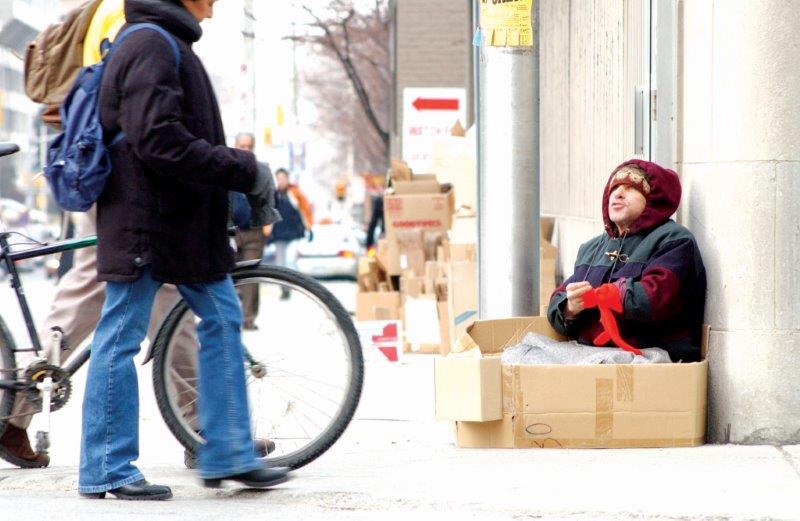Who is my neighbour? This is the question asked of Jesus by an expert in the law, and it provides the setting for Jesus’ telling of the Parable of the Good Samaritan. The story is played out on the Jericho Road. It had a nickname in the time of Jesus – the ‘Way of Blood’. A remote road that for centuries had been a place of robberies, the Jericho Road is a symbol. It is the strip of suffering.For Jesus, and still today, it is a symbol of the suffering in the world.
The Jericho Road is any place where there is violence; it is any place where there is oppression; it is any place where people are robbed of their dignity, robbed of their love, robbed of their food and robbed of their freedom.
This story of the Good Samaritan on the Jericho Road is just so familiar – and we are so comfortable with it. We know of the beaten man and the religious officials who were perhaps avoiding being unclean and running foul of the ritual purity laws, scared of an ambush, or just plain indifferent and refused to help. We know that the beaten man was most likely a Jew – a fairly silly one at that. The one who stopped to assist him was a Samaritan. Jews and Samaritans were taught to hate each other.
There are a number of aspects to this story that I would like to underscore. The first of these may be the extent of kindness done by the Samaritan in the story. The Samaritan risks his life and gives his time to help a stranger. A second aspect of the story concerns the reaction of the Jewish man as he recovers. He must have been astonished as he heard that he was brought to the inn by a stranger, and indeed, a Samaritan. He would never again be able to hate Samaritans or to teach his children to do so. He is, therefore, spiritually healed as he is physically restored.
So why does Jesus tell this parable?
Jesus has just given the love commandment to love God, our neighbour and ourselves. Then one of the lawyers asks him, “Who is my neighbour?” Jesus then tells the parable.
A close reading of it gives a very surprising answer to the question. Are we not thinking that the answer to this question will be the man lying wounded along the road? But it is not. The answer is the Samaritan. The neighbour is the one who shows mercy. Perhaps even more revolutionary was the principle that Christian love and charity must extend beyond the boundaries of family and tribe. This was, and still remains, revolutionary stuff.
You see, when Jesus told the parable no one would have been surprised by the actions of the religious officials on the road. For all the reasons mentioned earlier they would have walked past – that would have been expected of them. It was at the point when Jesus says the ‘S’ word – Samaritan – that is when the custard hits the air-conditioner! He did something quite unexpected. He did the unmentionable.
We need not only to be the good Samaritan, but be like Jesus who can re-tell the story and change the way the community and the world thinks. Perhaps the no-man’s-land on Jordan’s border with Syria no longer needs to be a Jericho Road. Perhaps that strip of water between Indonesia and Christmas Island no longer needs to be a Jericho Road. Perhaps the walk to Centrelink for a forced life on Newstart for single parents no longer needs to be a Jericho Road. Perhaps Perth’s homeless need not live on Jericho Road any longer.
Jesus had a vision of where the Jericho Road lost its power of violence and oppression over people – do we share that vision?
Robert Watson, mission development officer at UnitingCare West and past moderator of the Uniting Church in WA.
